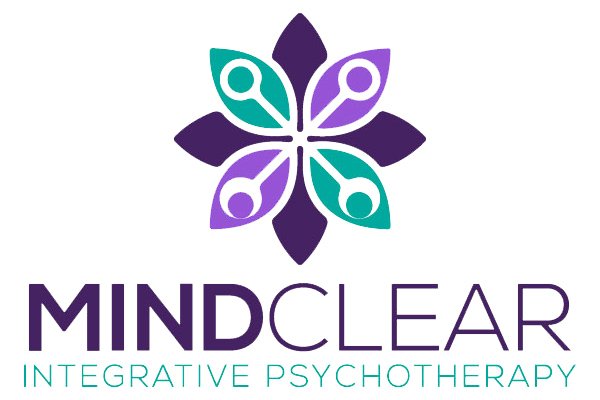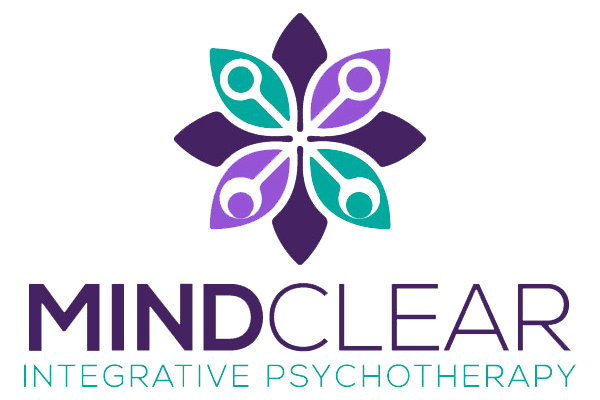It’s Not Personal: How Challenging Personalization Can Lead to Mental Freedom

By Anya Dangora
All humans are storytellers. Recognizing patterns, judging good or bad, remembering mistakes, and coming up with solutions are all ways in which humans learn and make sense of the world. The problem is these stories can sometimes take you on a wild ride. Once you get to the end, you may be on another page entirely, much farther away from others.
One of the ways a story gets hijacked is by centering yourself, making yourself the main character when you’re not. This may sound exciting, but it can have pretty painful consequences. For example, in thinking that everything is about you, you can oftentimes feel targeted and/or excessively responsible for things outside of your control. This common defense is called personalization.
What is Personalization
If you are feeling excessively anxious and/or depressed, it is worth taking a look at your environment, relationships, thoughts, and actions. This article will focus more on thoughts, but it’s important to mention that thoughts are just one piece of the puzzle. If you are existing in a harmful environment, you may need to take action to change your environment instead.
One common thought pattern that can lead to excessive worry, sadness, guilt, and self-doubt, is personalization. It is both a defense and a distortion in which you take things personally when they are not connected to or caused by you. When personalizing, you may feel that something that has nothing to do with you is entirely your fault.
For example, it’s your first time meeting someone in-person for a date. You have been chatting on a dating app for a week, and you’re feeling excited and nervous. You meet at a crowded bar, and the first thing out of your date’s mouth is, “I wish it wasn’t so busy in here, I can’t hear myself think.” You notice they already seem irritated. You picked the spot, and you suddenly feel flushed as a wave of embarrassment sweeps over you. You start to tell yourself that you should have thought of that before, and picked a more intimate setting, or suggested to meet at another time. You always make the wrong choice. There’s no way this date will possibly go well. Before you know it, you’re apologizing when in fact you’ve done nothing wrong.
Untangling Yourself and Others
In this example, you are feeling targeted by your date’s words. You are making the mistakes of mind-reading by assuming their feelings about you, personally taking responsibility for their feelings and the crowd (both of which are outside of your control), and fortune-telling the future. You feel that their dissatisfaction is about you, therefore you feel targeted.
The first step in reducing personalization is to notice it when it comes up. Then challenge the beliefs. Ask yourself, what really is within your control? What is outside of your control? Can you control another person’s thoughts and actions? No. You can impact them, but you can’t control them. You also can’t control the fact that the bar is crowded.
Many people are susceptible to personalization, but some more so than others. Children who grow up in enmeshed households often learn to conflate influence with responsibility. Enmeshment is a term used to describe the blurring of boundaries between oneself and others. In enmeshed families, a child who grows up with an emotionally reactive parent comes to feel that it is their responsibility to behave “correctly” and keep their parent happy and calm. They feel responsible for their parents’ emotions. Their actions and their parents’ emotions are intertwined.
Believing that you can cause another person to do or feel something often leads to excessive self-pressure. You feel crushed under the weight of responsibility over time. It is an impossible expectation that you will never achieve.
In safe environments and relationships, it may take some reminding that you and the other are separate people. Your stuff is your stuff, and theirs is theirs. It’s not your job to read their mind and to make them happy. With expectations reasonably set, you may want to reality test. You can do this by asking the other person about your belief/expectation, which they can confirm or deny. Reality-testing can help you challenge the harmful stories you tell yourself, and often get you back on the same page, through communication.
You can also simply trust that the other person will speak up and take action as they see fit, trusting their autonomy and reducing your responsibility to problem-solve. After all, the problem may or may not exist. And, if it does it may not be to the extent you believe it does.
Self esteem
Personalization leads to decreased self-esteem over time. When you have unrealistic expectations, you are bound to fail almost every time. When you excessively take responsibility for others’ needs and feelings, or when you think that something that has nothing to do with you is all about you, it’s hard to feel particularly strong inside. Further, negative beliefs about yourself and what others think of you perpetuate.
If you believe that most things, especially bad things, are your fault or if you think other peoples’ moods, whispered conversations, or reactions are somehow about you, it doesn’t really lead to great feelings about yourself. Negative beliefs spiral, shame builds up, and you might even start engaging in behaviors or conflicts that lead someone else to actually be upset with you. Self-esteem plummets.
It’s far simpler to not take responsibility for others’ feelings. In therapy, clients often engage in critical inquiry, assessing situations from multiple perspectives, gathering additional information, and questioning assumptions, understandings, beliefs, and expectations. Doing so can often help shift your mood, your understanding of events, your self-concepts, and your understanding of others. The ultimate goal is often to bring you back into connection with others. Therapy can help you increase your self-esteem and improve your self-concepts by challenging long-held, harmful self-narratives and build stronger, more positive beliefs about yourself through experiencing a healthy, therapeutic relationship. This will likely take time and effort, but it is worth the journey.
Over time, your self doubt will decrease as you trust your ability to advocate for yourself, allow mistakes, handle conflict, maintain positive self-beliefs, and practice self-compassion. The less you personalize, the freer you will feel to be yourself, and let others do the same. You’ll have more time to focus on identifying and meeting your needs. Suddenly, you are carrying the weight of yourself and your responsibilities, laying down the burden of making others around you happy, giving yourself more reasonable expectations, and increasing your chances of success and fulfillment. You can still care for others, but you are now able to do so from a healthier place.









